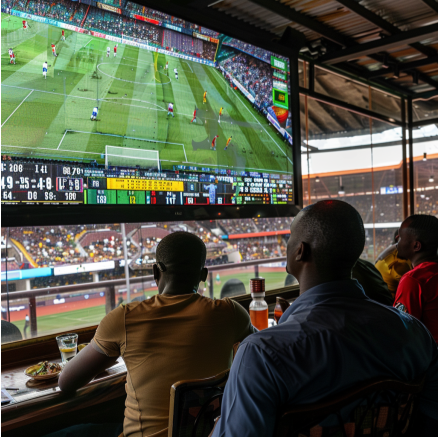The Jammeh regime in five dates
Key dates in the 22-year regime of Yahya Jammeh, who has ruled The Gambia with an iron fist since 1994 and is seeking a fifth term at an election Thursday.
On July 22, 1994, Jammeh, then aged 29, leads a group of young army officers in the bloodless overthrow of Dawda Jawara, Gambia’s first president who has been in power for nearly 30 years. Jammeh is made chairman of an Armed Forces Provisional Ruling Council and bans political activity. A coup is foiled in November and numerous attempted bids to overthrow him are reported in the following years.
On September 26, 1996, Jammeh wins a presidential election but observers express doubts about the transparency of the vote.
On January 2, 1997, legislative elections won by Jammeh’s party complete the return to civilian rule after 29 months of the military regime.
Jammeh is re-elected three times, in 2001, 2006 and 2011.
On December 30, 2014, Jammeh’s forces foil a heavily-armed attack by disaffected soldiers on the presidential palace in the capital Banjul, while the leader is visiting Dubai.
Three soldiers accused of being involved in the attack are sentenced to death, and three others to life in prison after a secret trial before a military tribunal, according to Amnesty International and the military.
On April 14, 2016, a senior figure in Gambia’s main opposition United Democratic Party (UDP), Solo Sandeng, is arrested by riot police when leading a demonstration for political reform. He dies in custody.
Two days later, a second round of demonstrations takes place, with supporters demanding answers over Sandeng’s death. Security forces clamp down on demonstrators and arrest UDP chief Ousainou Darboe, a human rights lawyer, and other party leaders.
On July 20, Darboe and about 30 other co-accused are sentenced to three years in jail for six offences relating to the April 16 protest.
On August 23, UDP official Ebrima Solo Kurumah dies in custody, the second opposition figure to die in detention this year.
On May 28, 2016 Amnesty International accuses the regime of “murder” and criticises the passivity of Gambia’s West African neighbours over the deteriorating rights situation.
On November 2, Human Rights Watch says intimidation of opposition parties, media repression and politicised security forces have “all but extinguished” the chance of a free and fair election on Thursday.


